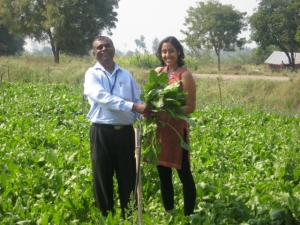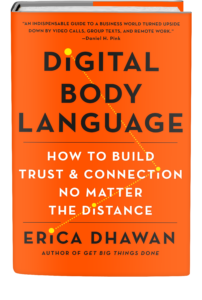 10 MIT MBA’s are on a farm in rural India? Well, we’re about to find out. Last September, I met my dear friend and peer Shayna Harris, who previously worked at Oxfam. We began stirring up ideas on how to build an interest in agriculture issues at business school. We met three more amazing women-Daria Kaboli, Adah Chan, and Weisen Li and formed a study tour called “Agriculture & Innovation in Brazil and India.” We have spent 5 seminars discussing agriculture issues across the supply chain speaking with academics, farmers, consultants, company owners. On Saturday, we head into our final planning session and head off to either Brazil or India on Sunday.
10 MIT MBA’s are on a farm in rural India? Well, we’re about to find out. Last September, I met my dear friend and peer Shayna Harris, who previously worked at Oxfam. We began stirring up ideas on how to build an interest in agriculture issues at business school. We met three more amazing women-Daria Kaboli, Adah Chan, and Weisen Li and formed a study tour called “Agriculture & Innovation in Brazil and India.” We have spent 5 seminars discussing agriculture issues across the supply chain speaking with academics, farmers, consultants, company owners. On Saturday, we head into our final planning session and head off to either Brazil or India on Sunday.
One of my favorite lessons from the Study Tour is the importance of acknowledging assumptions. Hal Hamiltion from the Sustainable Food Lab shared an important thought with us:
“Often the greatest barriers to conversation are the assumptions, judgements and barriers of the participants themselves.
Western participants usually arrive at Third World sites (especially rural sites) with the assumption in their mind that people who have less material wealth than them are “poor.” Individuals on site can often also re-enforce this label through their own actions – partially because this is the only relationship they have known with Westerners. This leads to a re-enforcing of power-structures which only entrench the barriers to honest conversation.
The alternative is to arrive differently. Rather than assume that people with less material wealth are “poor” it makes much more sense to arrive with at least the possibility in mind that they are equally, or more, wealthy in other domains. This creates the space for a conversation between equals.
A number of times I’ve had participants ask me what we’re giving back to a site, it being clear that we have somehow “taken something away”. Such an attitude, again, tells us more about the mindsets of participants than it does about the real needs of people at a site. It assumes that people “need” something that we have and they don’t. While this may be true at some level, it’s an assumption and a judgement which should be questioned.”

What a great and valuable point! Such assumptions are absolutely a barrier to an honest conversation. I’ve found in my own work that people are always anxious to tell you what they think you want to hear, but when you connect on a personal level and open up yourself you can usually open the door to a more open and honest account of whatever you’re looking for. Great post!